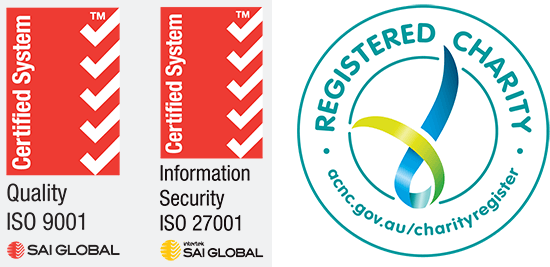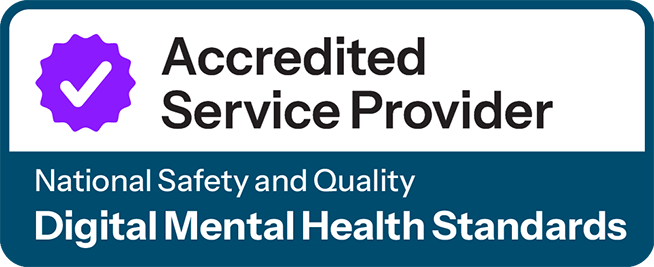
You don’t seem to hear all that much about COVID-19 these days, but that doesn’t mean it’s yesterday’s problem.
Indeed, early in June Victoria’s Chief Health Officer, Dr Evelyn Wong, put out a statement revealing the increase in COVID-19 cases between April and May this year was 2.5 times higher than the same time last year. Dr Wong added that there has also been an uptick in hospitalisations of people seriously ill with the virus .
Even a mild case of coronavirus is enough to make you feel crook for a few days, and a bad one can kill you, especially if you already have some underlying health concerns.
It’s true, though, that the availability of medicines called antivirals can really reduce the severity of COVID-19 infection, at least for the people eligible to receive them. These include older folk and those already battling other illnesses.
For everybody, however, one of the best ways to reduce your risk of catching COVID-19 – or developing nasty symptoms if you do – is to get a vaccination.
Dr Wong points out that respiratory diseases such as influenza, respiratory syncytial virus (RSV) and COVID-19 become much more common in winter. This is largely because in cold months we tend to spend more time indoors with the windows and doors shut, making it easier for germs to spread around.
The latest recommendations about COVID-19 vaccinations, issued by the Department of Health, Disability and Ageing, suggest pretty much everybody 18 years or older should get a jab once a year. Some people, such as those over 65, or who have impaired immune systems, should think about getting one every six months.
Children with risk factors – basically any medical condition that increases the risk of severe COVID-19 illness – should also be vaccinated. (Of course, it’s very important for parents or guardians to discuss this with a doctor.)
All COVID-19 vaccinations are free, including for people without a Medicare card.
While we’re talking about vaccinations, it’s a good idea to get one for the flu, too, as we head into the winter months. Peak flu season is usually between June and September.
The vaccination is free for some groups of people , such as the very young, people over 65, First Nations members and pregnant women. Many general practices, community health organisations and pharmacies offer flu vaccinations to all other people at bulk-billed or low-cost rates.
RSV doesn’t get as much media as the flu (possibly because it’s difficult to pronounce) but it’s still a serious matter. There is now a national free immunisation campaign to protect pregnant women, and babies. People in these groups can access their jabs at general practices, community health clinics, and participating pharmacies.
Protecting yourself and those you love has never been easier. Enjoy the winter wonderland!
This article was first published in Star Weekly on 23 June 2025.





